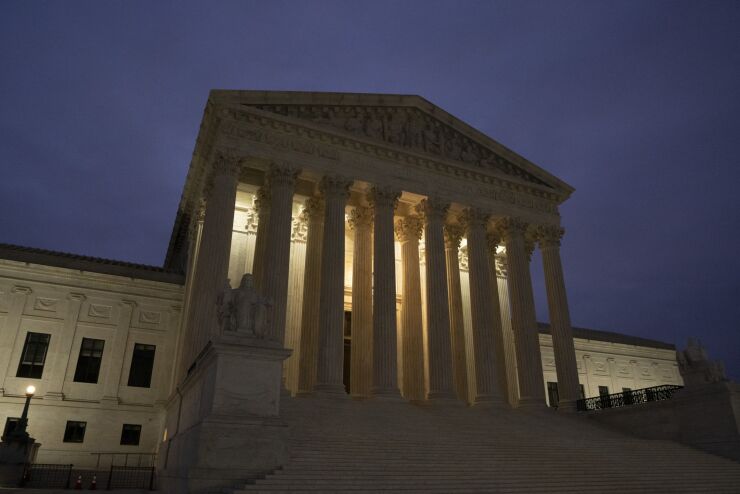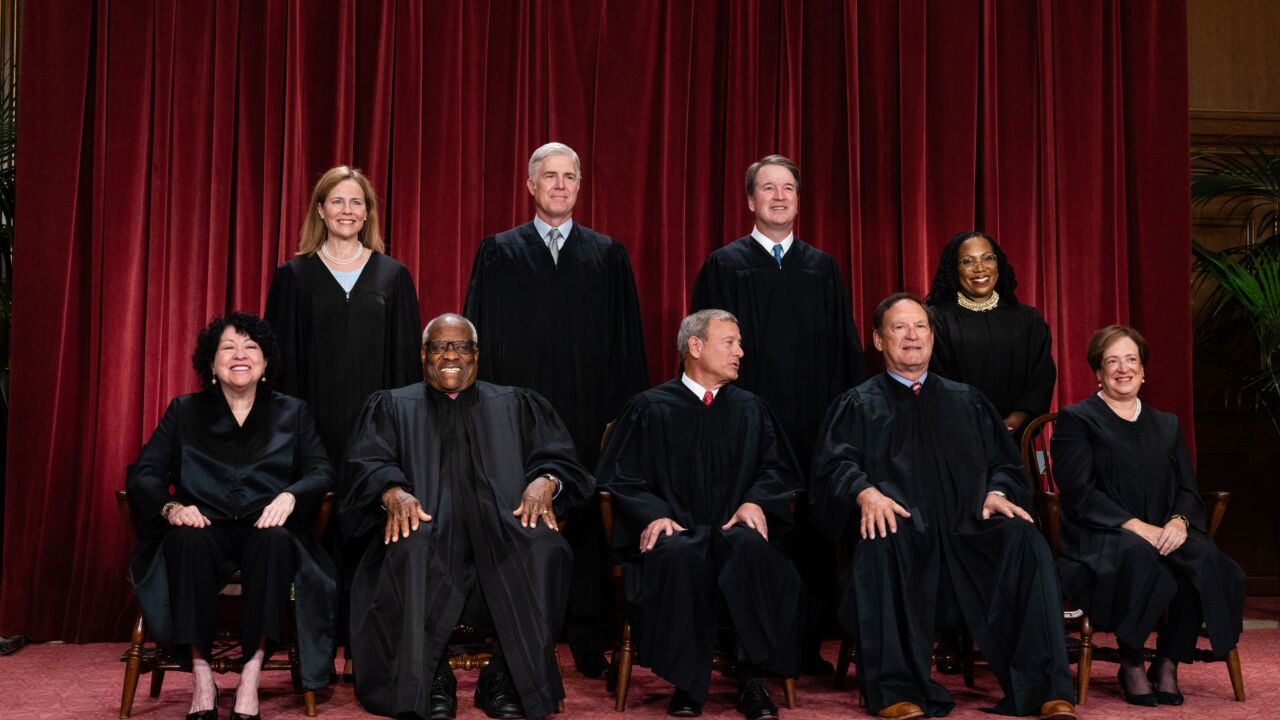
How should the banking agencies modify their enforcement tactics to account for the right to a jury trial? This question arises from
The
To begin with, the Seventh Amendment preserves the right to a jury trial in any "suit at common law" where the amount at issue exceeds $20. The question in Jarkesy thus hinged on a legal and historical question: whether the CMPs were akin to a remedy that would have been available in a court of common law in the 18th century or only elsewhere in a different kind of court. The court determined that CMPs are like a common law remedy intended to punish or deter a wrongdoer and therefore can only be enforced in court. By contrast, a remedy limited to restoration of the status quo does not trigger the Seventh Amendment.
Importantly, the court reached two other conclusions that are equally significant. One, if the agency's underlying claim is similar to a common law claim, then the claim would also be one for a jury in federal court. In Jarkesy, the SEC's securities fraud claim covered the same conduct as a common law claim: nondisclosure or misrepresentation of material facts. While the court used this determination to confirm its holding about CMPs, the same analysis could apply to other claims, almost regardless of the remedy.
Two, the court recognized that an agency may use its internal procedures if it is vindicating a "public right." There is no precise definition of this right, but in an earlier case the court explained that it was limited to rights held by the government that are "closely integrated into a public regulatory scheme."
What should the results be for bank enforcement actions? The agencies will have to consider which remedies and claims have a common law basis and entail the Seventh Amendment.
Regarding remedies, clearly any respondent faced with CMPs now has the right to a jury trial. Other monetary remedies under section 8 of the Federal Deposit Insurance Act might also involve the right to a jury trial. A rule of thumb under Jarkesy is that monetary relief is presumptively subject to the Seventh Amendment but that relief to restore the status quo is not. For example, reimbursement for a reckless disregard of the law might be similar to common law damages and would not restore the status quo. Indeed, even restitution may trigger the right to a jury trial; there is authority that certain forms of restitution have a common law basis.
A pair of rulings upended the deference afforded to agency interpretations of the law and extended the statute of limitations to bring regulatory challenges. But experts say the impact on banking regulation will likely be limited.
As to claims, per Jarkesy, an action for monetary relief based on fraud would be a common law claim. So, too, would an action for breach of fiduciary duty, which has long been recognized as a common law concept. Wrapping fraud or a fiduciary breach into a broader safety and soundness claim would be unlikely to avoid the Seventh Amendment.
As a practical matter, most enforcement actions are now resolved through consent. The terms of consents now may change. Before Jarkesy, a respondent's only alternative was a proceeding before an administrative law judge, where the probability of success was low. Where the remedy or claim has a common law basis, a respondent has a new alternative — a jury trial — that might well be more advantageous. Better terms for a respondent are one result.
An issue for both sides will be media attention. A jury trial for bankers is likely to attract much greater attention than an administrative hearing, and both sides may have concerns about the evidence that will be made public. The agencies also will have to consider the use of confidential supervisory information: Protections in federal court may not be as great as those in an administrative proceeding.
All of this said, many if not most enforcement actions address supervisory concerns, such as capital and liquidity, and involve nonmonetary remedies, such as improvements in policies and procedures and greater board oversight. These would clearly fall within the public rights exception.
In short, Jarkesy will filter through the agencies' enforcement framework, forcing some difficult decisions, particularly on whether to seek CMPs and whether or how to allege actions that involve a breach of fiduciary duty or fraud. Jarkesy gives prospective respondents grounds on which to argue against such remedies and claims, if they are willing to take on a trial.






